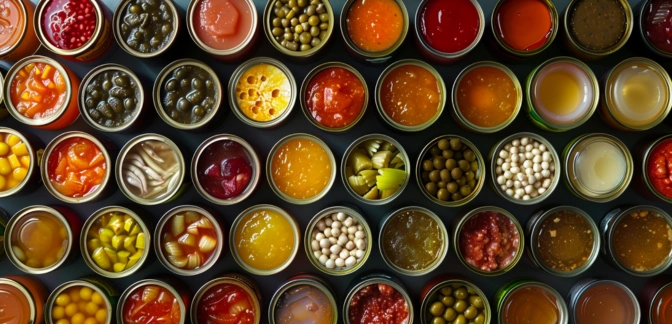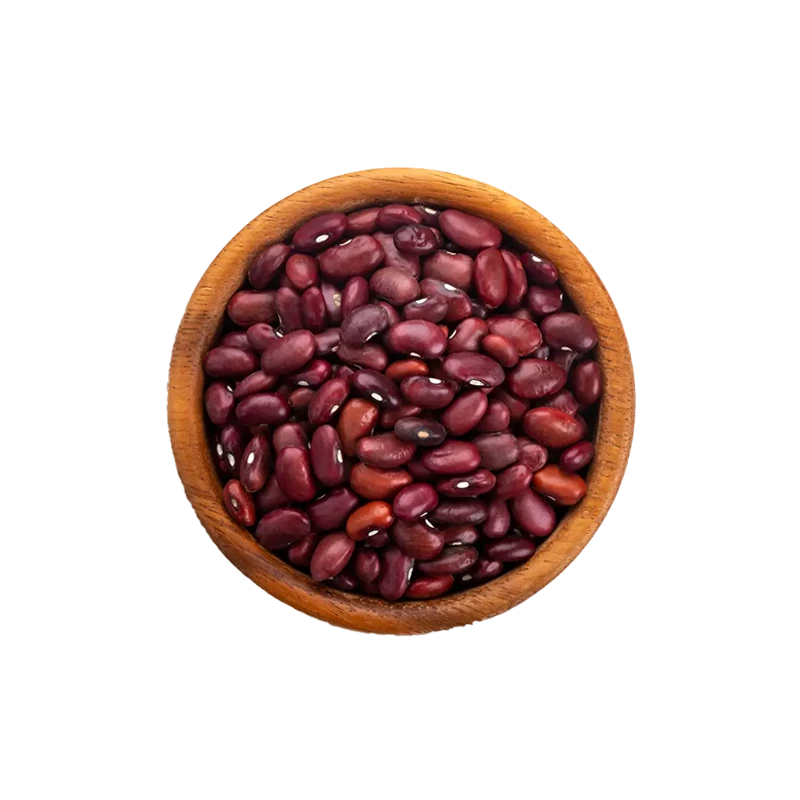Apricot Preserves — Nutrients, Health Benefits, and Shopping Tips

Written by Listonic Team
Last update on September 4, 2024
Nutrients
Nutrition facts
Amount per 100 g
Calories
🔥 242 kcal
| Nutrients per: 100 g | Value | % Daily Value* |
|---|---|---|
| Carbs | 63 g | 22.91% |
| Fiber | 2 g | 7.14% |
| Sugars | 53 g | 106% |
| Glycemic Index | 65 | - |
| Protein | 0 g | - |
| Sodium | 3 mg | 0.13% |
| Total Fat | 0 | - |
*The % of Daily Value (DV) tells you how much a nutrient in a serving of food contributes to a daily diet. 2,000 calories a day is used for general nutrition advice.
Key takeaways
Health benefits
- Rich in antioxidants, which help protect the body from free radicals and reduce the risk of chronic diseases.
- Supports skin health due to the high content of vitamins A and C, which promote healthy skin and reduce signs of aging.
- Provides quick energy from natural sugars, making it a good option for a quick energy boost.
- Contains fiber, which aids in digestion and supports a healthy gut microbiome.
Health risks
- High sugar content which can contribute to weight gain, tooth decay, and increased risk of diabetes when consumed in large amounts.
- Potential allergenic additives such as sulfites, which can cause allergic reactions in sensitive individuals.
- Caloric density which can lead to overconsumption and weight gain if not moderated.
- Artificial preservatives which may pose health risks or cause adverse reactions in some individuals.
How to choose apricot preserves
Quality apricot preserves should be luminous and thick, with chunks of fruit evident throughout. The color should be bright orange, and the scent should evoke fresh apricots. This texture and aroma indicate a preserve that has been made with care and good ingredients.
Preserves that are overly gelatinous or lack visible fruit pieces often have a lower fruit content and might include more pectin and sugar than desirable. Avoid those that have a dull color or an artificial, overly sweet scent as these qualities can greatly affect the taste and quality of the preserves.

How to store apricot preserves
Apricot preserves should be stored in a cool, dry place before opening. Once opened, they need to be refrigerated and tightly sealed to maintain their flavor and freshness. Properly stored preserves can last several months in the refrigerator.
Light and heat can affect the quality, so it's best to keep them away from these elements. Storing in metal containers is not recommended due to possible reactions that can alter the taste. It's also wise to avoid using dirty utensils, which can introduce bacteria and spoil the preserves.
✅ Extra Tip
How long do they last?
Apricot preserves can last for 1-2 years unopened when stored in a cool, dark place. Once opened, they should be refrigerated and used within 6-12 months for the best quality. Always ensure the jar is tightly sealed to prevent spoilage.
What to do with leftovers?
Leftover apricot preserves can add a sweet and tangy flavor to many dishes. Spread it on toast or mix it into yogurt or oatmeal for a quick and easy breakfast. It’s also perfect for glazing meats like chicken or pork, giving them a caramelized finish.
Use apricot preserves in baking, such as filling for thumbprint cookies or adding it to a cake batter for extra moisture and flavor. You can also mix it into a vinaigrette for a fruity salad dressing or stir it into sauces for a sweet and savory combination. If you have extra, try making a cocktail by mixing the preserves with sparkling water or using it as a topping for ice cream or cheesecake.
👨⚕️️ Medical disclaimer
How apricot preserves support specific health conditions
While apricot preserves contain more sugar than fresh apricots, they still provide some of the fruit's benefits, such as supporting skin health with their high vitamin A content. The fiber found in apricots also promotes digestive health, although moderation is key for maintaining blood sugar control due to the added sugars in preserves.
Discover products from other categories
Listonic Team
Fact-checked
Our editorial team checked this article to make sure it was accurate at the time of publishing it.
Get the top-rated shopping list app

apricot preserves







